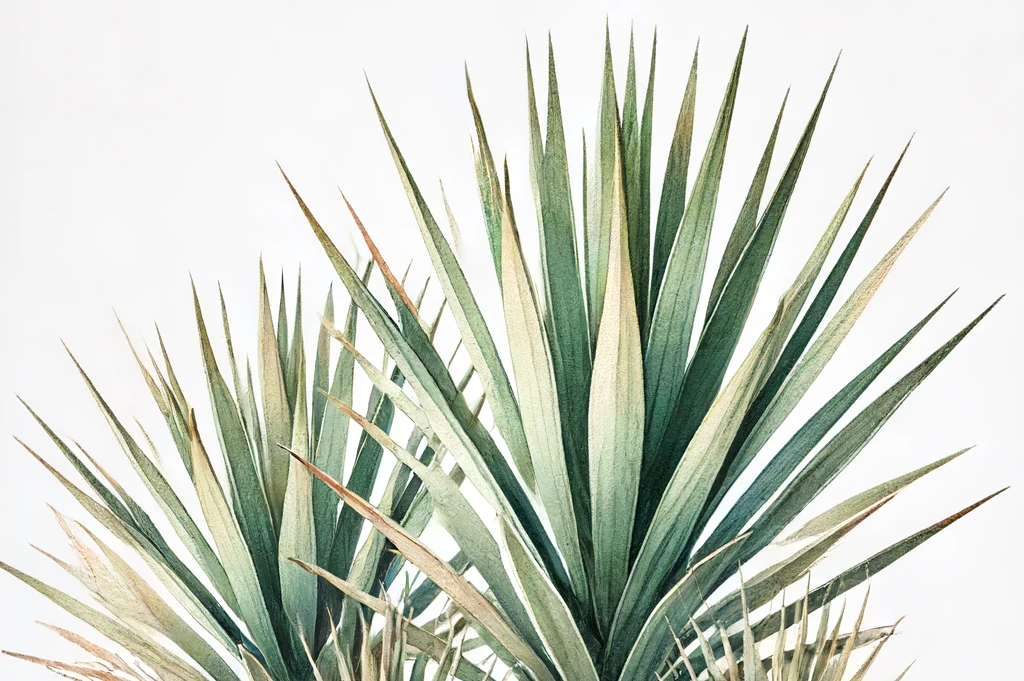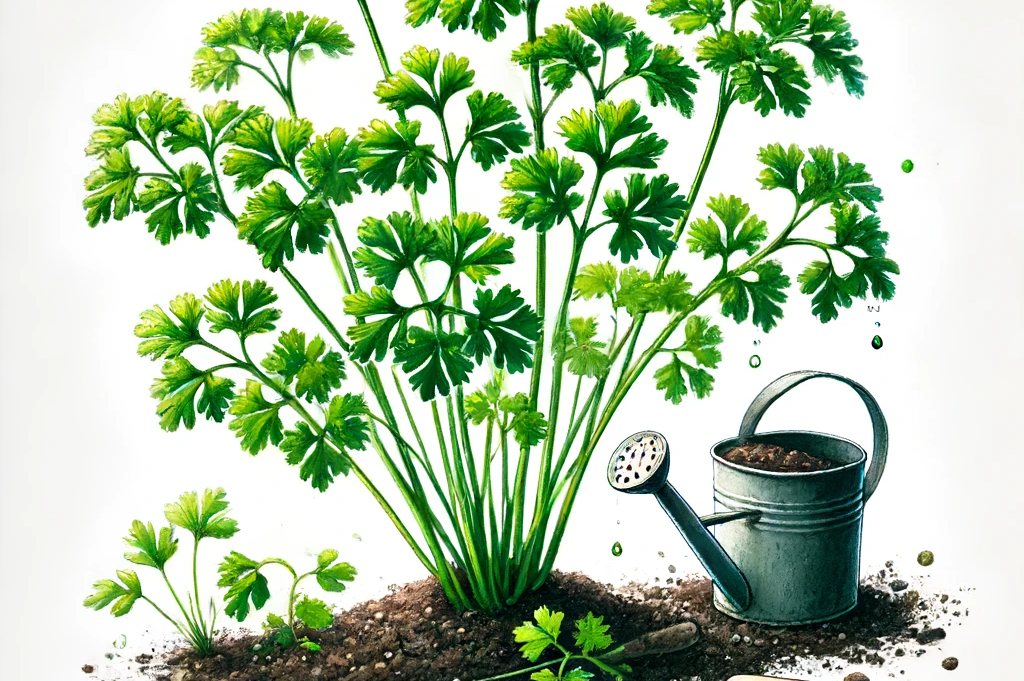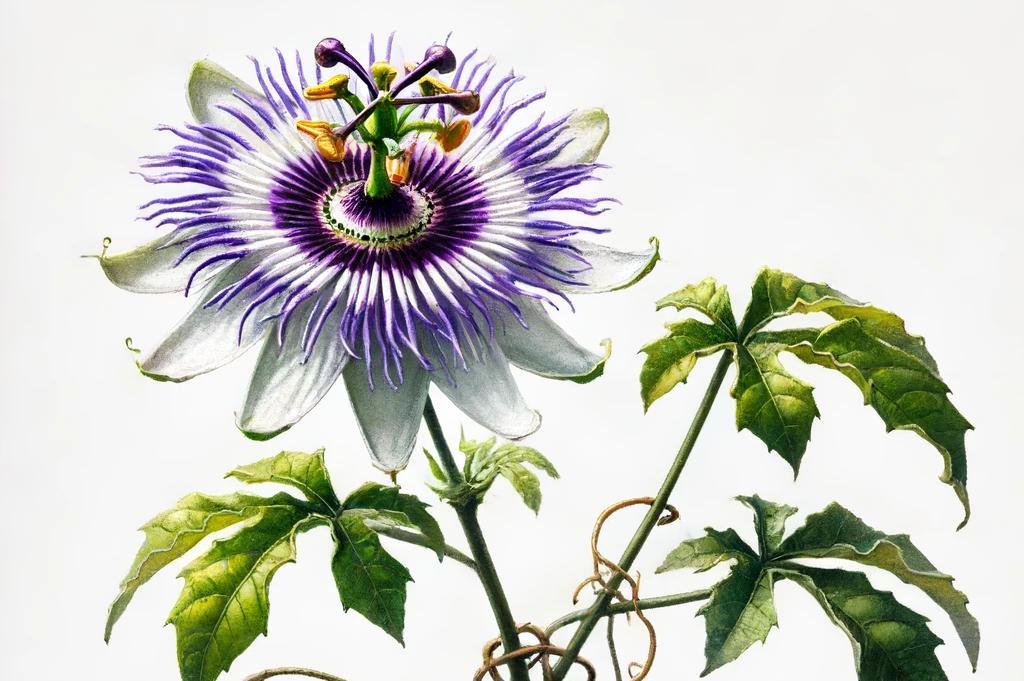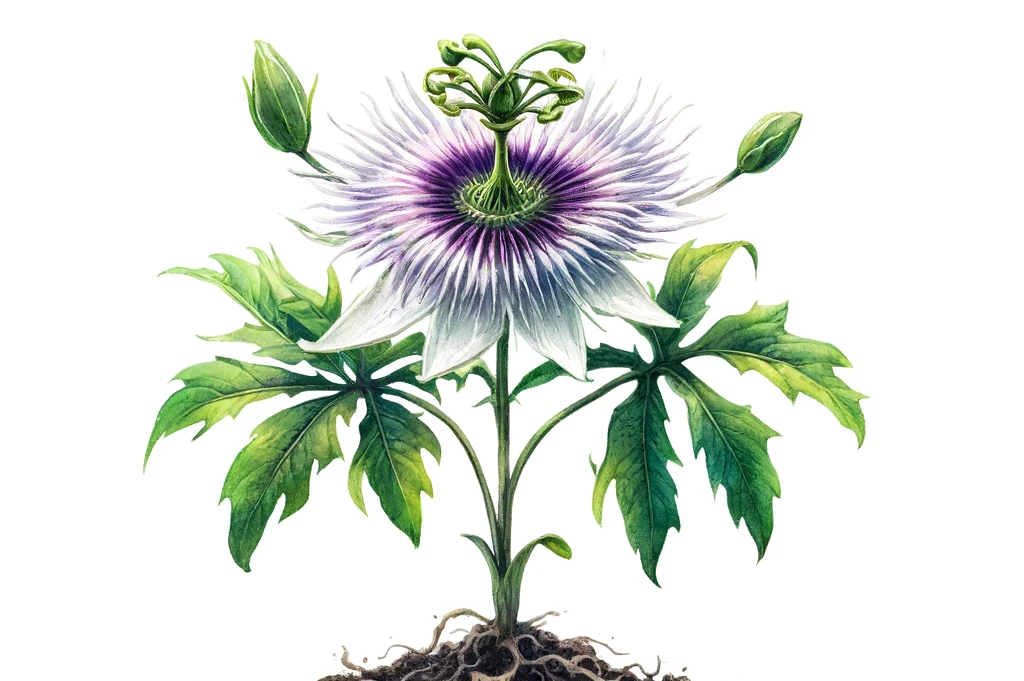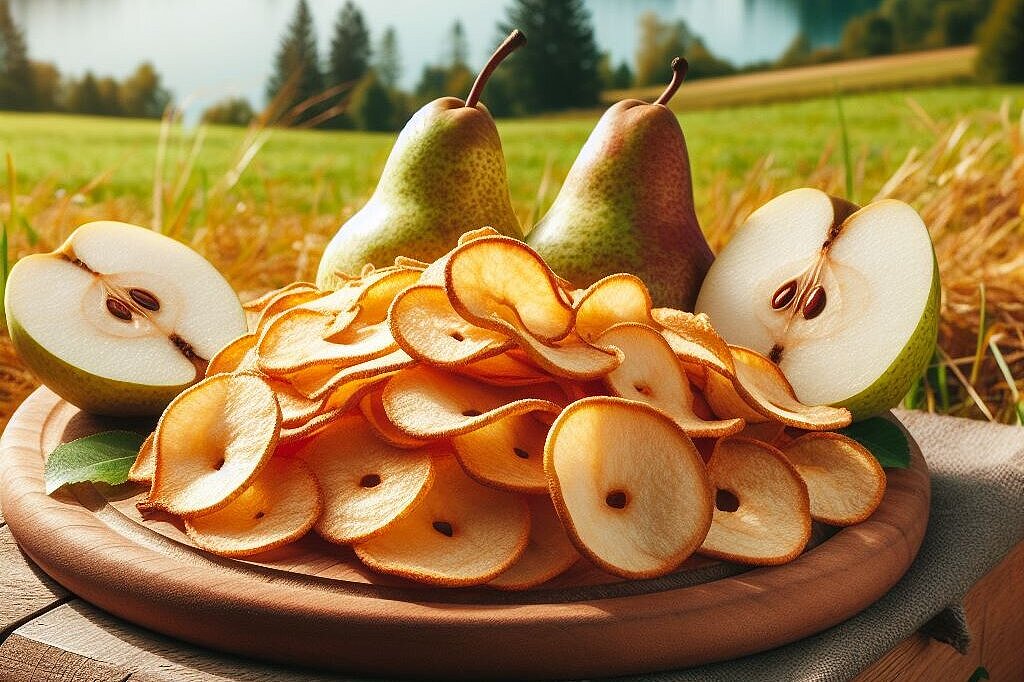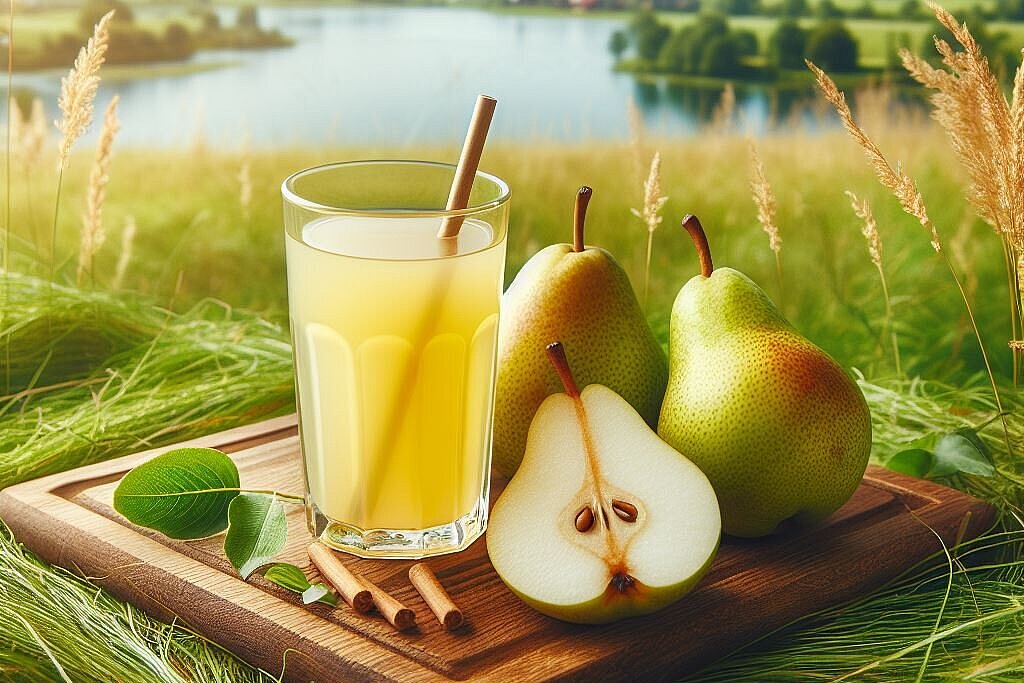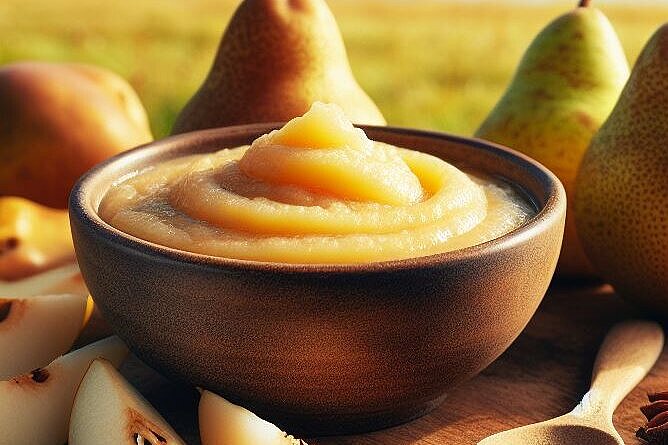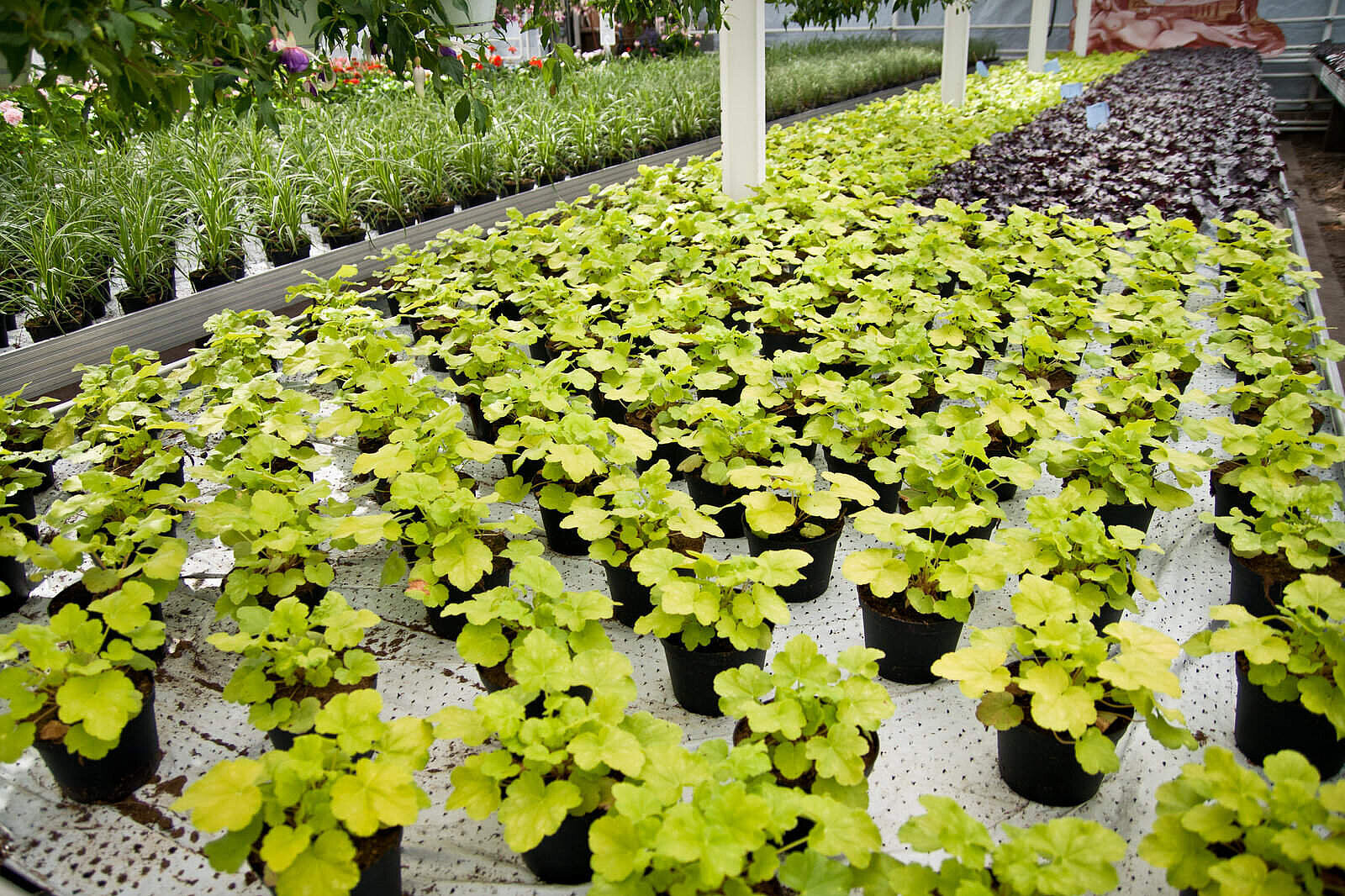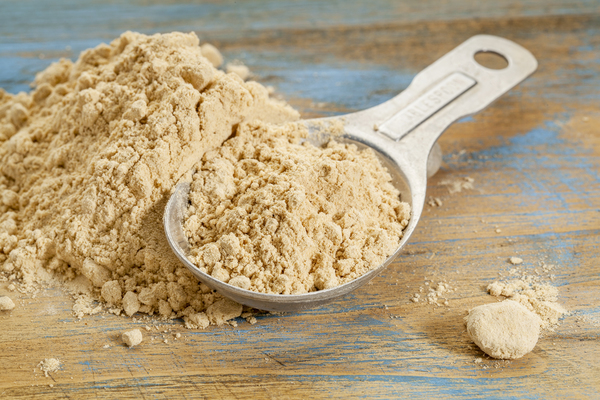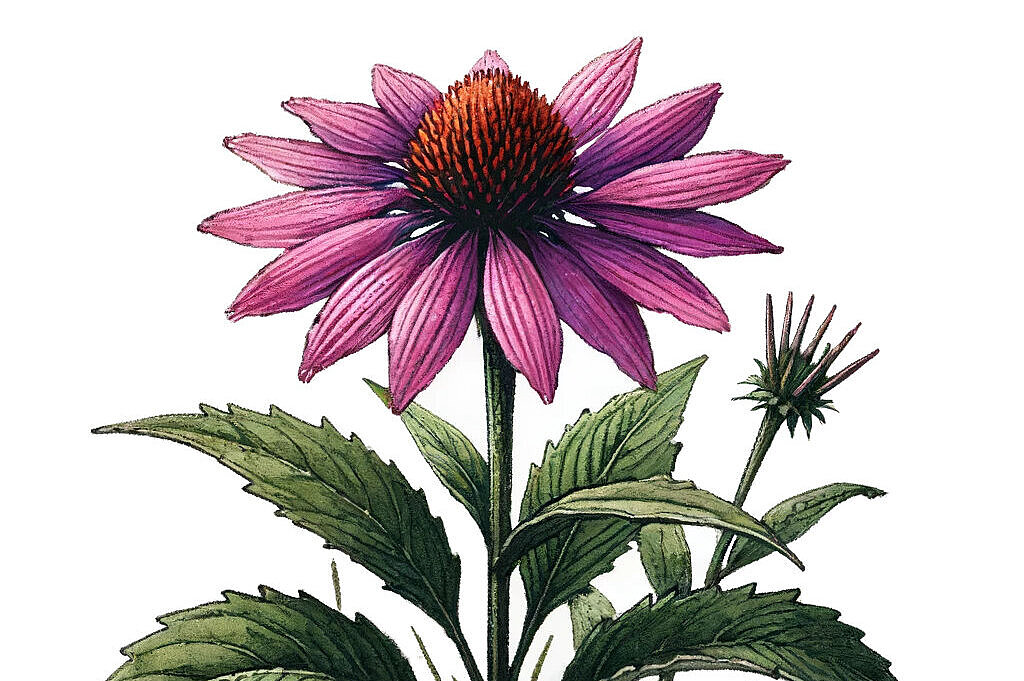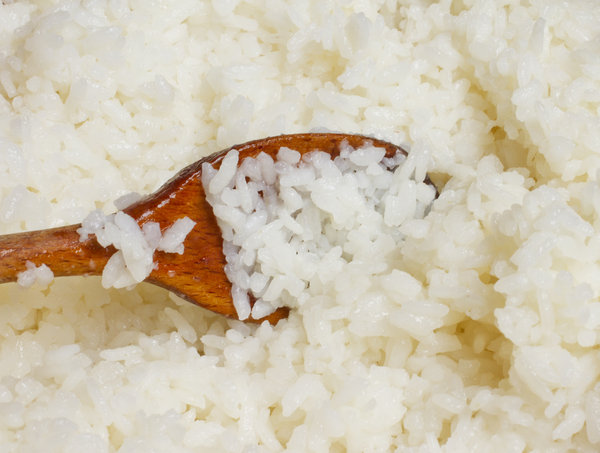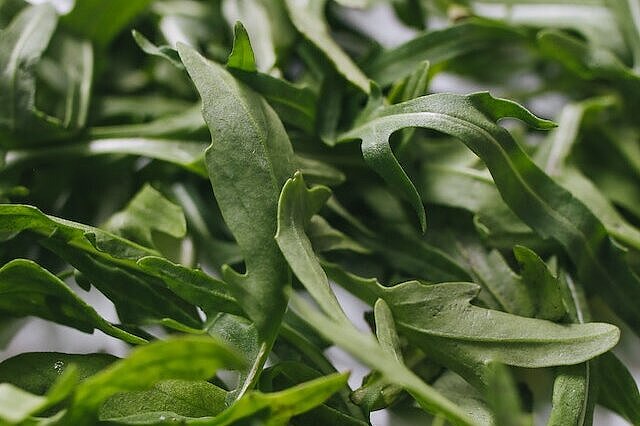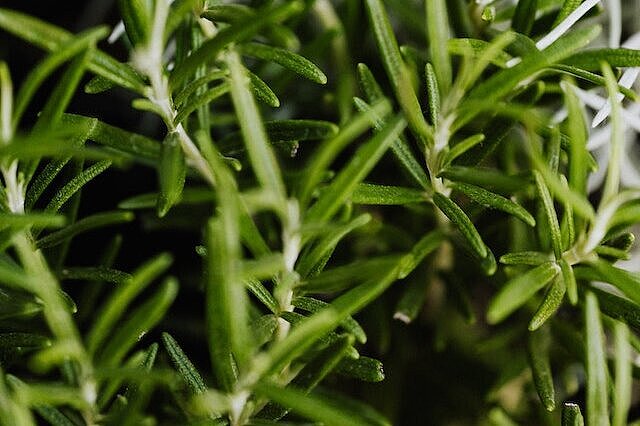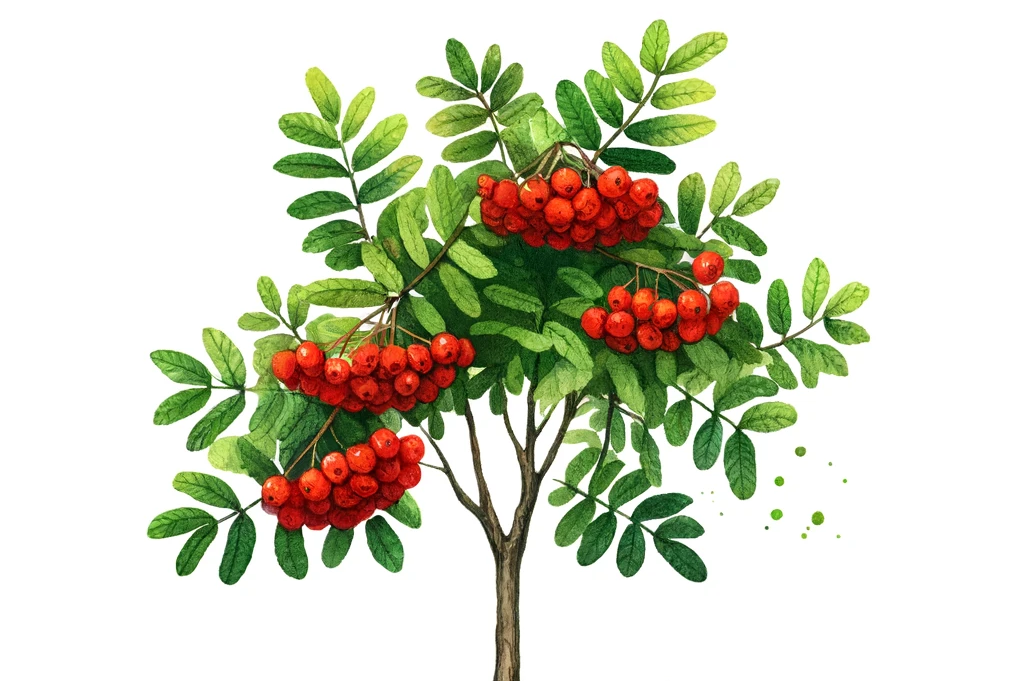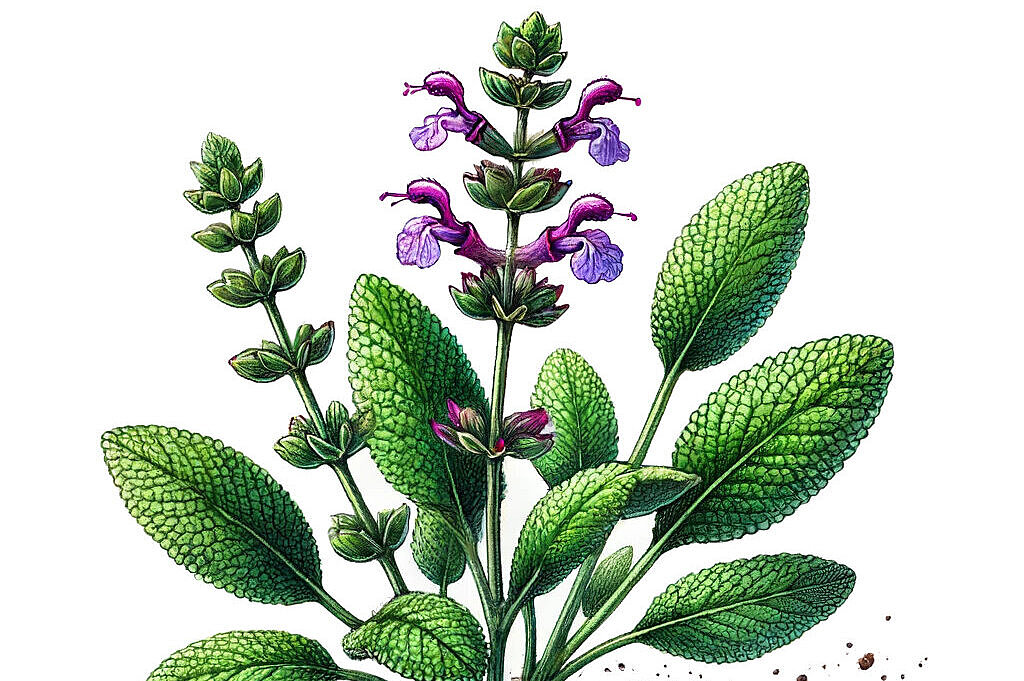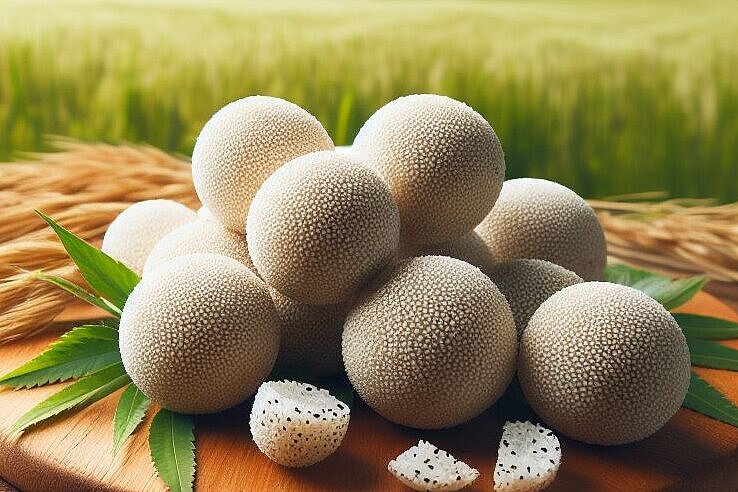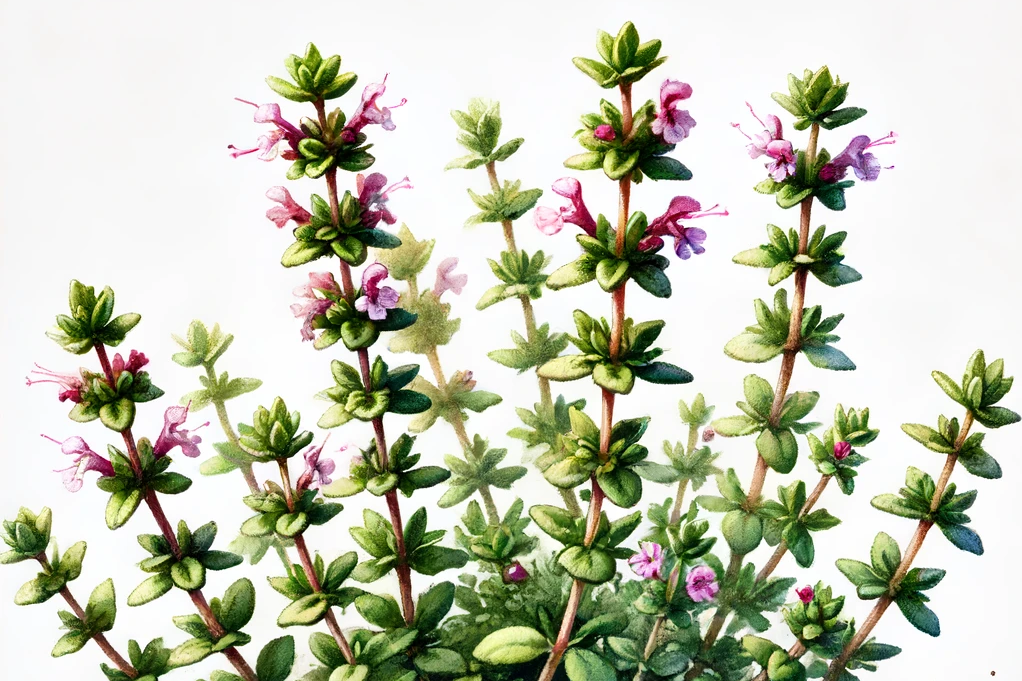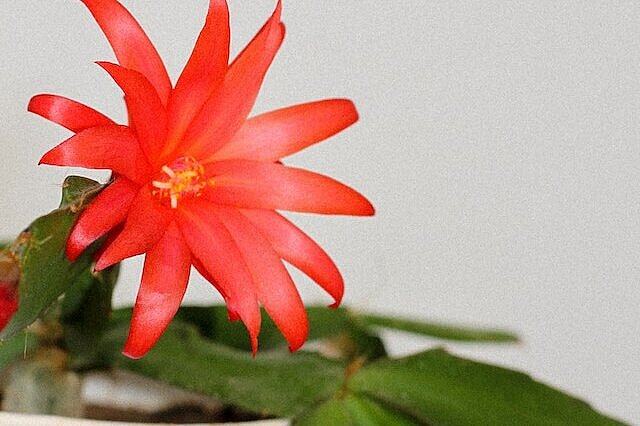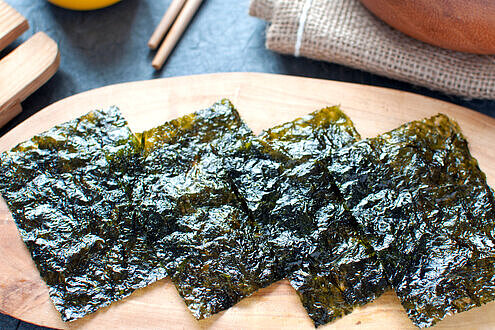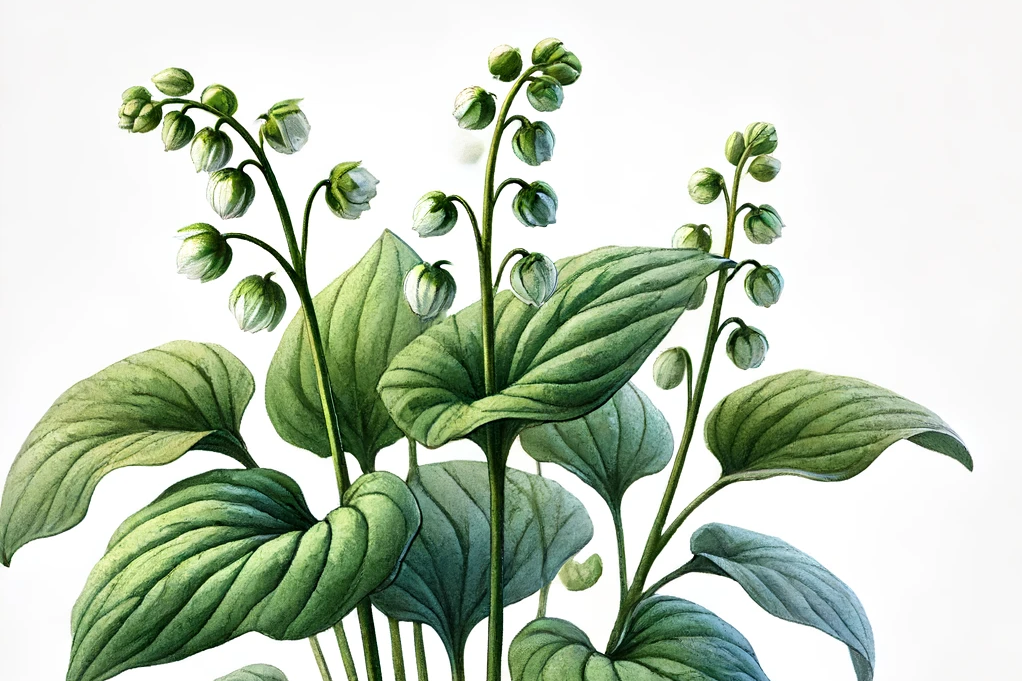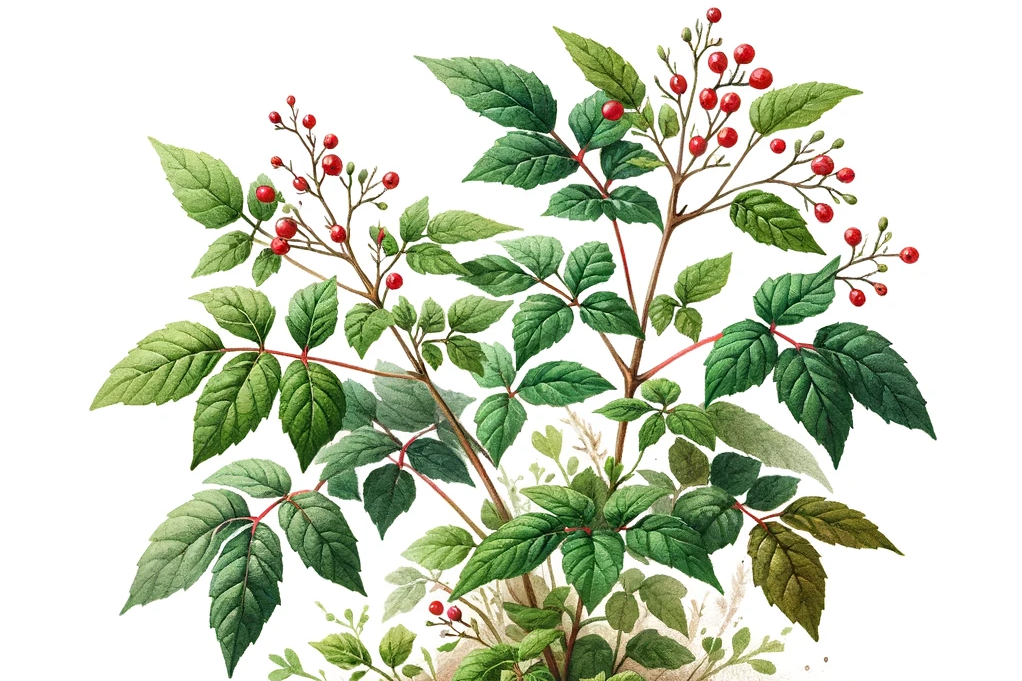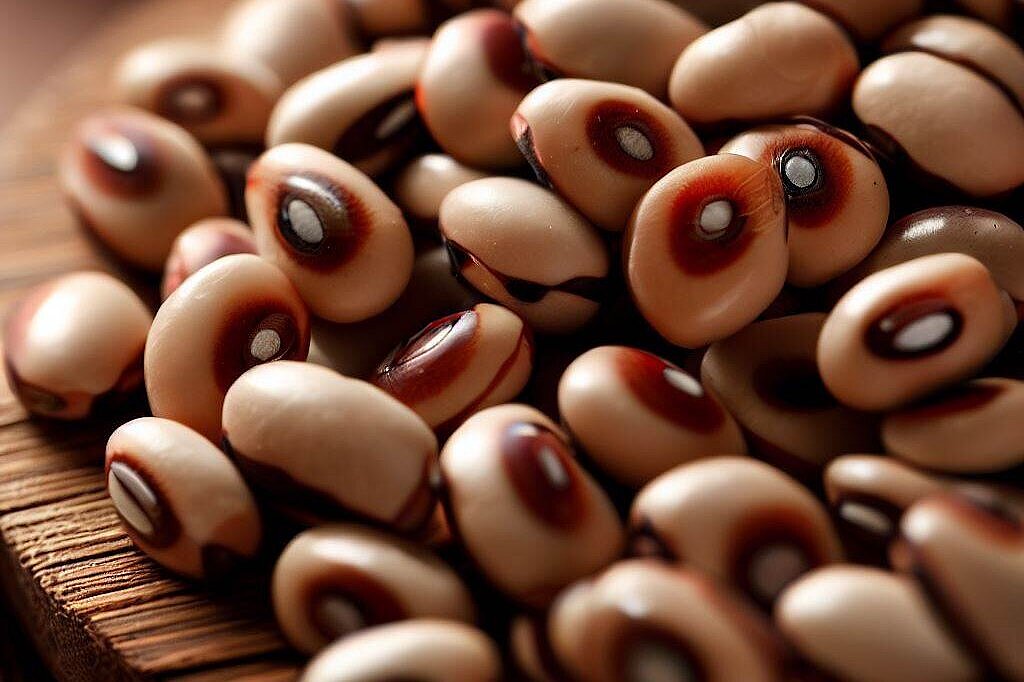Plant
When an ingredient in dog food is described as "is a plant", it means that this ingredient comes from a plant or part of a plant. Plant ingredients in dog food can include a wide range of products, such as vegetables, fruits, herbs, leaves, roots or seeds.
Plants provide a variety of nutrients that can be important for your dog's health, including vitamins, minerals, fiber and sometimes protein. They can also have specific health benefits, such as aiding digestion, boosting the immune system or supporting skin and coat health.
However, it is important to note that not all plants are safe for dogs. Some plants can be toxic to dogs or have unwanted side effects. Therefore, you should make sure that the plant-based ingredients in the dog food are safe for your dog and do not contain any toxic or incompatible plants.
When choosing dog food with plant-based ingredients, it is advisable to consider your dog's specific needs and any allergies or intolerances.


